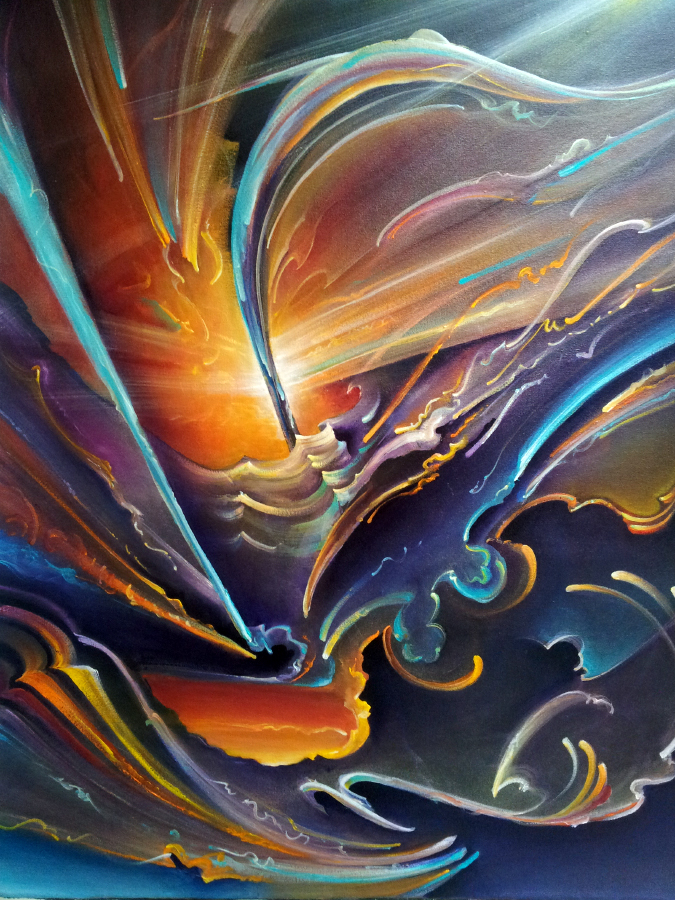How We Give

I'd planned on painting this evening but the current painting is finished. Instead, I found msyelf working on the second in the series, having finished the fifth. After drawing for a while and once again asking Fi (the cat) to graciously not curl up his twenty pound body on the drawing pad on my lap, I found myself reading up on some CSS manipulation for a site I've been working on and then looking into Rollingstone.com to see what was up there. I find interesting articles in amongst the music stuff, which I am less interested in than the journalism. I stumbled upon an interesting article about a fellow named Larry Brilliant - real name - and his philosophies and current station as head of Google.org, Google's philanthropic arm, or tentacle if you will.
I understand that all things that come across in writing, no matter how... objective they may strive to be are still subject to the conceits and filters of the writers and editors. Larry will come across through what he makes available to the interviewer and delivered to the reader through sound bites, snippets and word play, a few casual observations and some interviews with allies, associates and critics. Yet, the final feeling i get from it is "Why do we do what we do- for profit, personal gain, or... something more estimable?". Mr. Brilliant has found himself asked to head up Google's giving back system, and at that sitting upon a pile of cash to do something with. Not bad for an ex-guru-following-acid-eating-hippie (a highly stressed point as it were, as if to make the RS reader more sympathetic to him and to give him some street cred). But regardless of his history and his story, the point of the matter is that he is a guy who has tried to do a lot to help others and has, in many ways, succeeded, at least, according to this article and according to the perspective I'm left with.
The Song We Play

The silent stillness of late night surroundings finds me solitary and drinking a glass of red wine with a side dish of cheese and olives. It is a usual place for me on a late night Monday night these days listening to late night music like Pink Floyd’s Ummagumma. What a weird collaboration of soundscapes and mental landscapes it is and yet, it was through this experimentation and willingness to go “out there” (and, incidentally, “in there”) that led them to great albums like Dark Side of the Moon and Wish You Were Here. . The willingness to walk the edge, push the boundaries, leads us to find the new. In this world of the reinvented, the borrowed, the done time and again, it is that newness that stands the test of time.
The other day, I found a collection of music called Psychedelic Archaeology vols. 1-10. Interesting, I thought, I always wanted to see what I’d been missing in my collection. This montage, if you will, of Psychedelic rock from the 60’s didn’t purport to have any Beatles, old Pink Floyd or Jimi Hendrix. It was the underground. And rightly so- none of it held a candle to that which I already have. Much of it “sounded like…” or “seemed to borrow from…” or something and so was quickly forgotten, having never had an authentic and true voice and having never having had something really real to say. This is not to say that Ummagumma is a great album- it’s weird, psychedelic and distinctly of that era. Yet, because Pink Floyd went on to create bolder and more beautiful work (peaking out with The Wall) the early work has greater significance. We can see this with some artists. Early Picasso and Dali pieces or any great artist in fact. Although the early pieces may not hold the same clarity of vision (or confusion as the case may have been!) that the later works have, early works often show a passion and a willingness to push, to find the edges and see what lies over them. The challenge as an artist is to always be willing to push, to explore and to never settle into a “groove”.